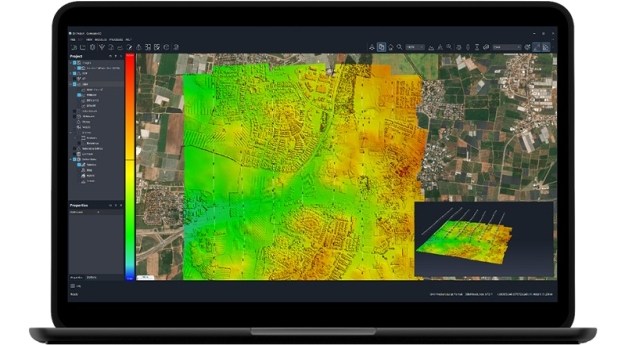Agtech startup Ceres Tag and the CSIRO have launched a sensor-laden smart tag for cows, enabling remote tracking and a range of data sources.
The GPS-enabled tags feature on-board accelerometers, which can detect unusual movement or activity patterns, and can alert farmers to disturbances or potential threats to the herd.
The tag was trialled on a herd of 100 cattle near Townsville, at CSIRO’s Lansdown research station, and aims to be the first ear tag to comply with international traceability standards, including including Australia’s National Livestock Identification System (NLIS).
Dr. Ed Charmley, Group Leader at CSIRO said that future iterations would make the tag smaller and lighter, and planned upgrades included the capacity to measure the animal’s temperature, which could warn owners of illnesses or health issues.
“Aussie farmers need every bit of help they can get right now so we are pleased it has taken less than a year for this technology to move from the research phase into development for a real-world trial on cattle,” he said.
Ceres Tag will be on show at the digital forum at MLA’s Red Meat 2018 event in Canberra on 22 – 23 November and the Global Forum for Innovations in Agriculture in Brisbane the following week.
Stay up to date by getting stories like this delivered to your mailbox.
Sign up to receive our free weekly Spatial Source newsletter.













